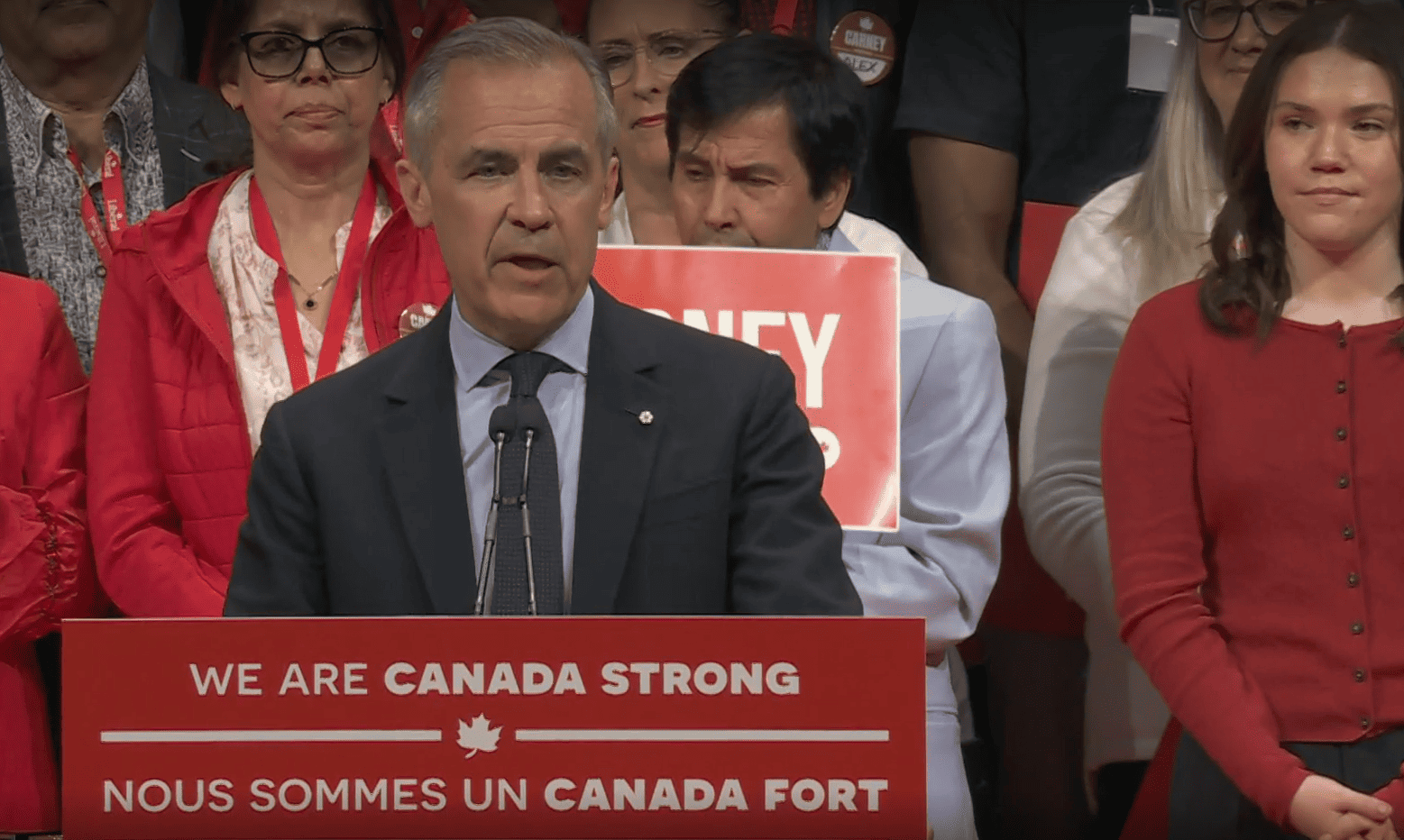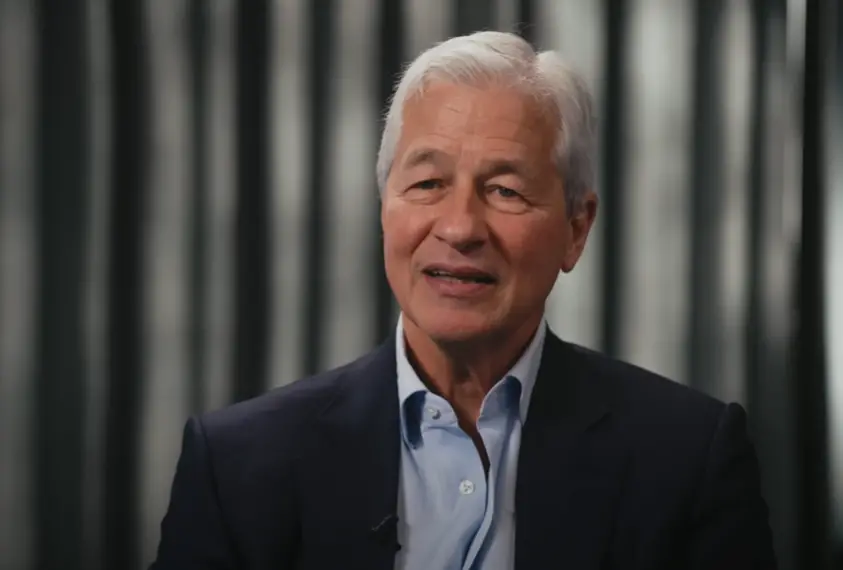When a former central banker-turned-prime-minister grabs the reins of a G7 nation at a moment of intense cross-border tension, you can bet the ripple effects will be global. Mark Carney’s recent electoral victory in Canada doesn’t just mark a political changing of the guard, it may signal the arrival of a new era in how middle powers navigate trade, sovereignty, and globalization in the shadow of an increasingly protectionist United States.
This isn’t just a Canadian story. It’s about how countries recalibrate their economic identities when the old rules of free trade start to crumble, and how economic nationalism is no longer a uniquely American trend.
The Rise of a Technocrat with Teeth
Mark Carney’s résumé reads like a global finance greatest hits album, Goldman Sachs, the Bank of Canada, the Bank of England, a stint with Stripe, and chairing Bloomberg’s board. But make no mistake: his victory in Canada wasn’t built on corporate polish or monetary policy nuance. It was his fiery pushback against U.S. tariffs and nationalist threats that galvanized voters.
In fact, Carney’s campaign flipped the narrative many Canadians have heard from south of the border. Where former President Donald Trump has long framed Canada as a junior partner (or even a resource colony), Carney threw that narrative back, with steel in his tone and retaliatory tariffs in hand.
His rhetoric, “America wants our land, our resources, our water”, might sound alarmist, but it struck a chord. After years of dealing with Trump’s erratic trade salvos, many Canadians were ready for a leader who would draw a hard line.
And this is where things get really interesting.
Economic Nationalism, Canadian-Style
When most people hear “economic nationalism,” they think of Trump-era slogans like America First, Brexit, or EU skeptics railing against Brussels bureaucracy. But Carney’s approach could give rise to a distinctly Canadian version, pragmatic, polite, but firm.
His “buy Canadian” rhetoric and retaliatory tariffs aren’t just short-term political plays. They represent a broader trend of countries seeking economic resilience and sovereignty in an era where global supply chains are suddenly fragile and international partnerships feel less reliable.
For Canadian businesses, especially small- and mid-sized enterprises that often get lost in free-trade mega-deals, this could be a moment of opportunity. Government incentives to produce domestically, shifts in consumer behavior toward Canadian-made products, and a strong political narrative backing it all could reinvigorate sectors that have long struggled to compete with U.S. imports.
And it’s not just economics. National pride is a powerful economic lever. By framing economic policy as an act of cultural and political defense, Carney is tapping into the same emotional undercurrent that powered populist waves elsewhere, only with a very Canadian twist.
A Delicate Dance for Canadian Businesses
Of course, this isn’t without risks.
Canada remains heavily dependent on the U.S. market. Nearly 75% of its exports go to the United States. Any deepening of trade tensions could threaten key industries like automotive manufacturing, agriculture, and energy.
For small businesses, especially those that rely on U.S. customers or supply chains, navigating this new landscape could mean rethinking logistics, product sourcing, and even pricing strategies. There may be new incentives to localize operations, but the shift could come with costlier inputs and a need for new trade partners outside North America.
Carney, with his global banking background, is likely well aware of these trade-offs. Expect a balancing act: tough rhetoric to maintain national unity and pride, paired with behind-the-scenes diplomacy to keep the economic engine humming.
What It Means for the U.S. (And the Rest of the World)
This new Canadian posture could have broader implications.
First, it chips away at the assumption that the U.S. can bully its way through trade negotiations without consequence. Canada’s swift retaliatory tariffs and Carney’s unapologetic tone could embolden other U.S. allies to stand their ground, especially when domestic politics demand it.
Second, Carney’s brand of assertive centrism may serve as a model for other leaders trying to navigate a global order that feels increasingly multipolar and uncertain. He’s neither populist nor globalist in the classic sense, he’s something new: a technocratic nationalist.
And finally, it puts U.S. economic policy in sharper relief. As Americans gear up for another contentious election cycle, seeing a close ally like Canada push back with clarity and purpose might prompt some overdue reflection on how protectionism plays abroad.
The Border is Getting Thicker
Mark Carney’s win is a wake-up call, not just for Canada’s Conservatives, but for policymakers across North America.
The dream of borderless trade, championed in the NAFTA era, is giving way to a more defensive, domestically focused economic mindset. Whether this benefits the average Canadian or just shifts costs around remains to be seen. But one thing is clear: “Canada First” is no longer just a reaction. It’s a strategy.
And Carney, with his mix of central bank gravitas and populist punch, might just be the architect of a new, more assertive economic Canada. One that isn’t afraid to draw a line, even when that line runs right along the 49th parallel.










Leave a Reply